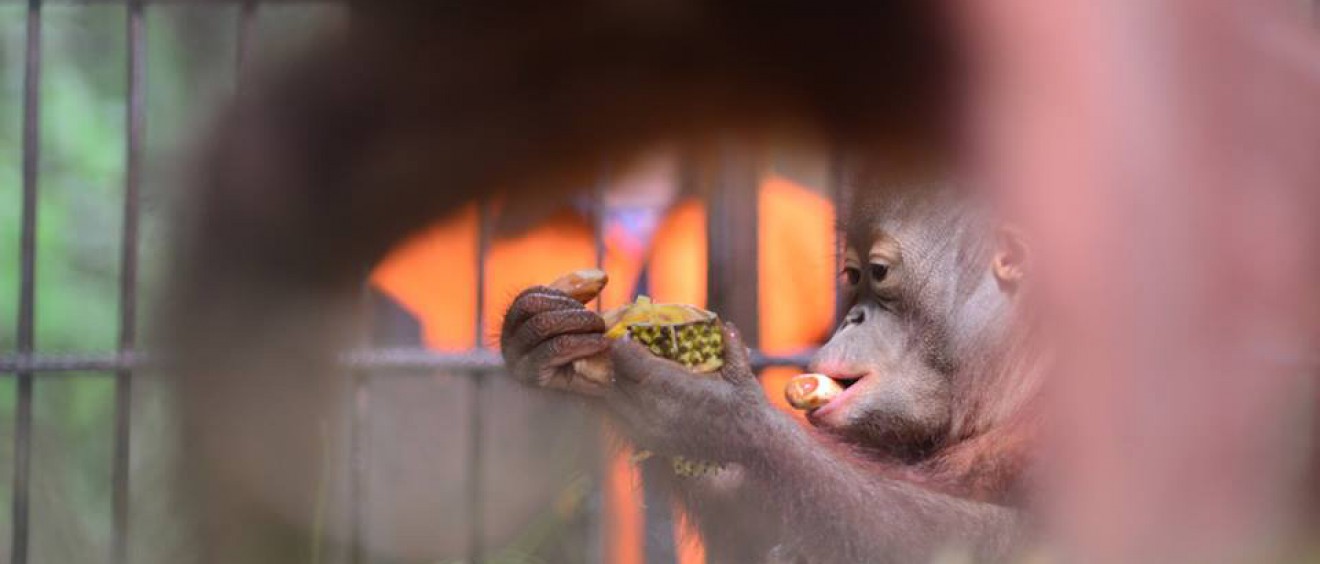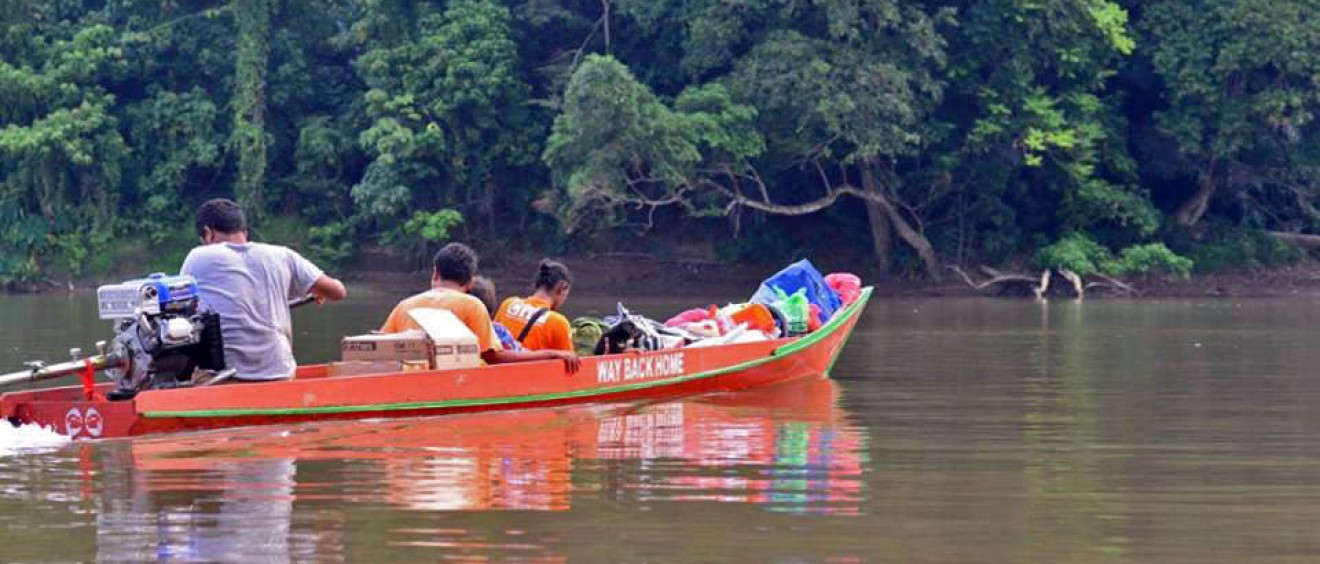Nowadays, orangutans are not known by many Chinese people. Opposite to popularity of orangutans in China, palm oil is widely used in China.
In the past five months, Indonesian total palm oil production is 151,100,000 tons. Compare to last year, 2016, this production increased thirty-five percent. During those years, Indonesia produce more and more palm oil. Also, as one of the biggest importing country, China is going to import around 5,600,000 tons of palm oil this year. This is about one third of Indonesian palm oil production in the first half year of 2017. And this number also increases every year.
What’s more, China takes part in producing palm oil as well. In China, there are several international palm oil companies, such as Ju Long. In Indonesia, many Singapore and Malaysian palm oil companies’ major shareholders are ethnic Chinese as well. This means, China is not only the main consumer but also one of the primary players of palm oil business in the world and it is unconsciously influencing and damaging orangutans.
In China, we have pop stars, like Jackie Chan, broadcast about the importance of protecting wild animals and advocate people not to buy animal products. However, although they indeed call for guarding wildlife, such as tigers, sharks and so on, they pay little attention to orangutans. Before I became a member of this volunteer work, I had never heard of orangutans, so do people surround me. From the other hand, this may be a good thing because Chinese people can start from origin point to involving themselves into orangutan protection. According to former examples, public advocate is one of the most useful ways. Since Jackie Chan said, ‘No trade will bring no kill. Please do not buy any tiger products.’, the number of tiger products trade has begun to decrease. In the same way, the prospect of orangutan protection in China is very optimistic.
We, our group of six, plan to cooperate with COP members. Since orangutans are not well-known in China, we decide to use our videos which are made of resources we collected in Indonesia to advocate and hold a crowdfunding in Shanghai after we go back. The money we find will be donated to COP to support their assistance of orangutans. Also, through our crowdfunding and speech, we wish the publicity of orangutans in China can be set up.
I am not sure how much help could we bring, but maybe our participation is just the beginning of more Chinese being more involved in orangutan conservation. And that would mean something subtle but significant. (Zi Chen, Jiawei Yang_Orangufriends)



